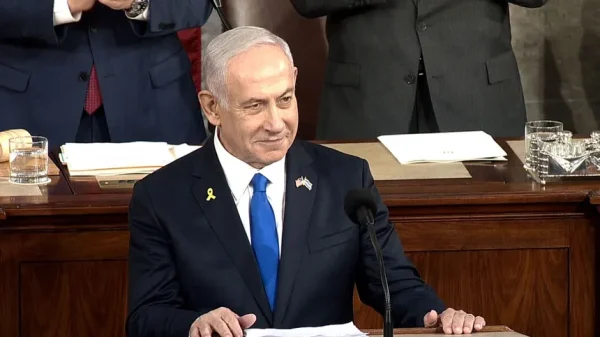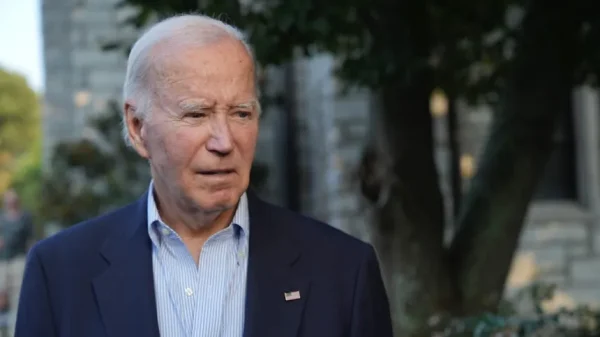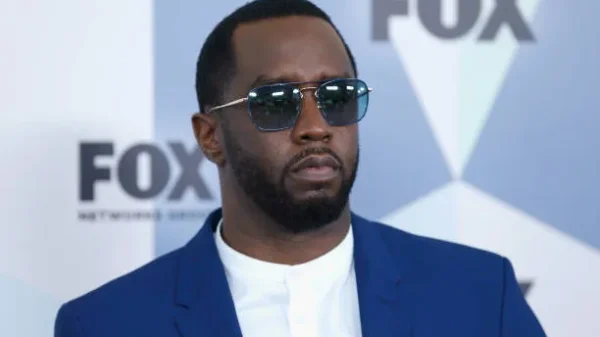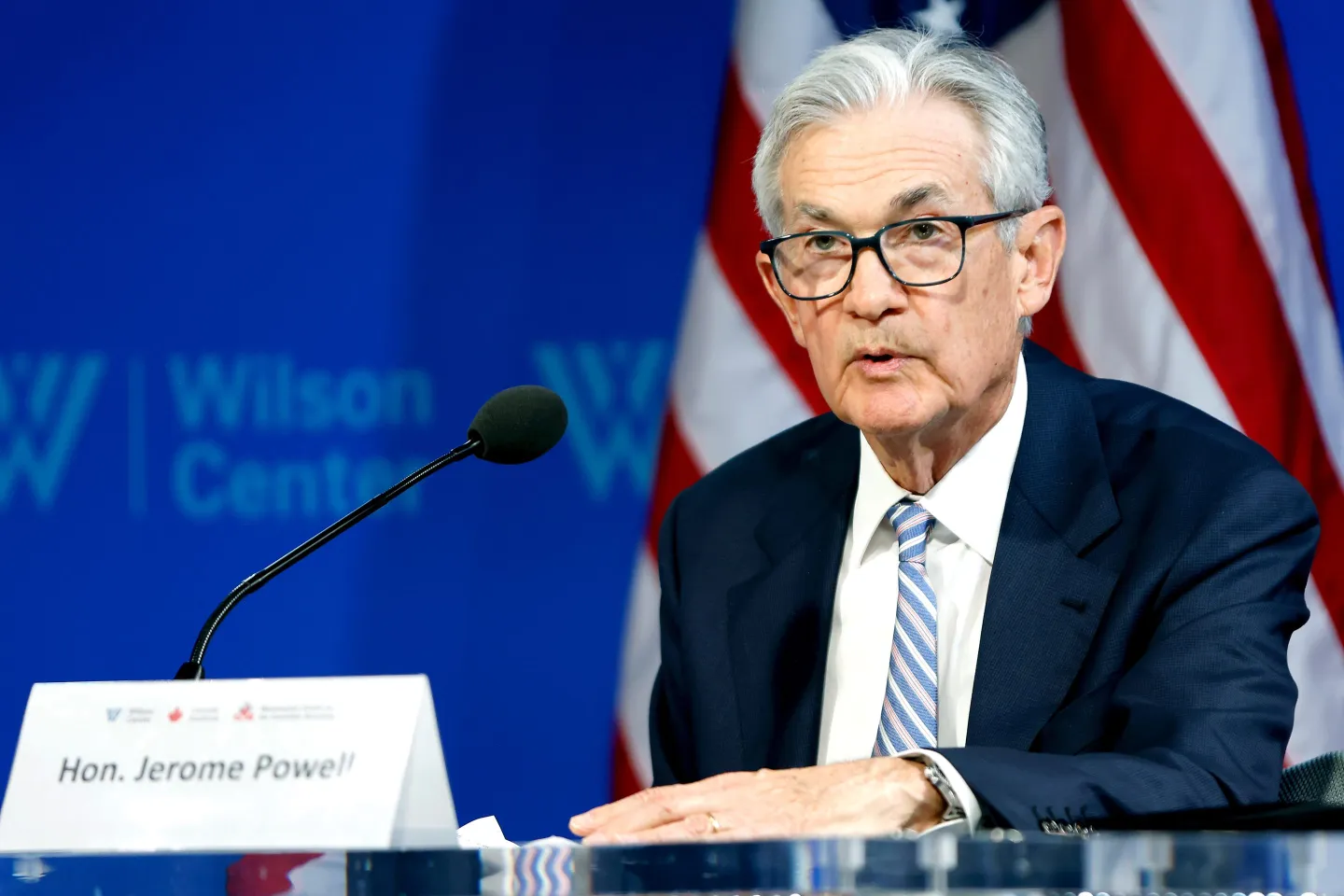Several Federal Reserve officials have indicated that the significant increases in interest rates over the past two years might take longer than initially anticipated to lower inflation. This suggests there may be little to no reduction in rates this year, according to recent comments.
Both Fed policymakers and some economists are concerned that despite higher borrowing costs, their impact on spending behaviors is less than expected. Government data shows that, Americans aren’t allocating significantly more of their incomes to interest payments compared to previous years, despite the Fed’s aggressive rate hikes.
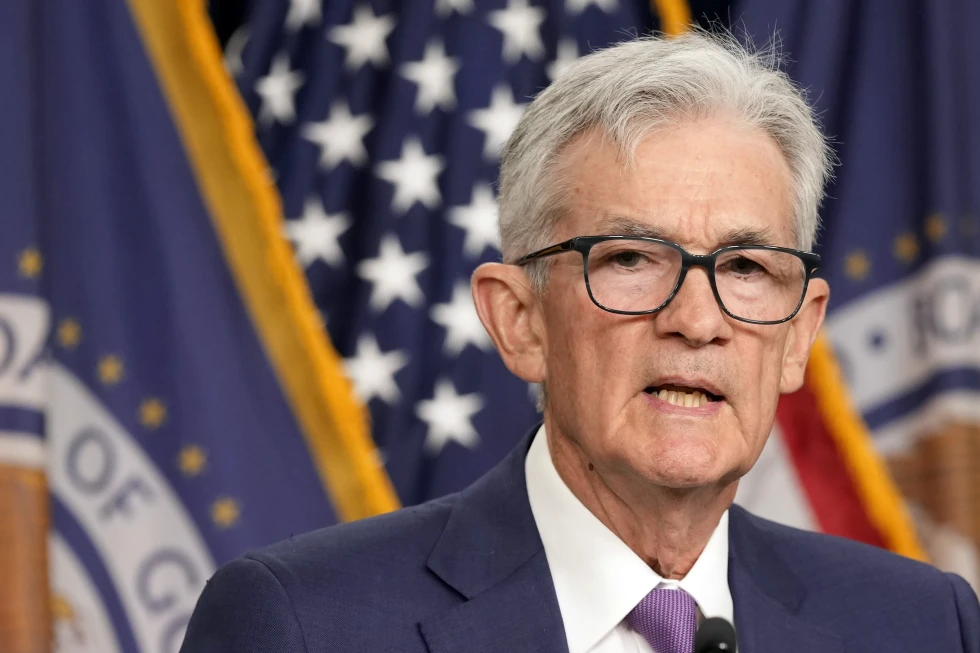
Jerome Powell (Via Justin Lambert/Shutterstock)
This indicates that higher rates may not be effectively curbing spending or cooling inflation.
Joseph Lupton, a global economist at J.P. Morgan, commented, “Currently, high rates aren’t effectively slowing down the economy.” He suggested that rates might need to remain high for a prolonged period or even be raised further to achieve desired economic outcomes.
Fed Chair Jerome Powell recently stated that while an interest rate hike is unlikely in the near term, he didn’t completely rule it out. Powell emphasized the Fed’s need for additional time to be more confident that inflation is stabilizing around the Fed’s target of 2%.
Gennadiy Goldberg, an economist at TD Securities, observed, “The Fed seems to be signaling that rate hikes are less likely than what the market expected.”
Lorie Logan, President of the Dallas Federal Reserve, echoed these sentiments, indicating that it’s premature to consider rate cuts and question whether current rates are sufficient to combat inflation. She is one of the officials on the Fed’s interest-rate-setting committee but does not vote on rates this year.









